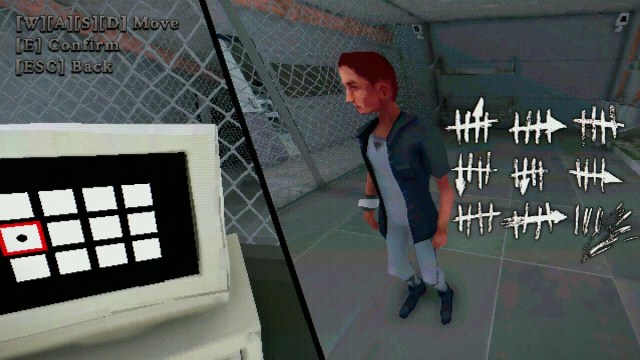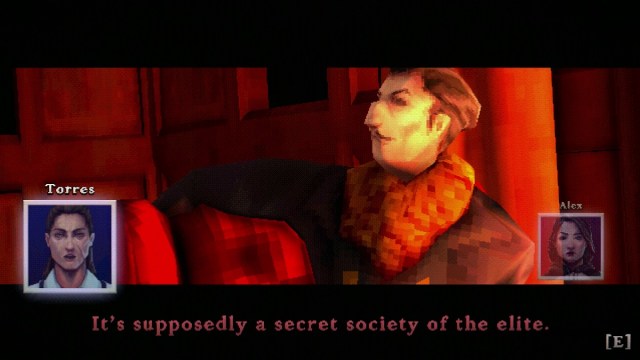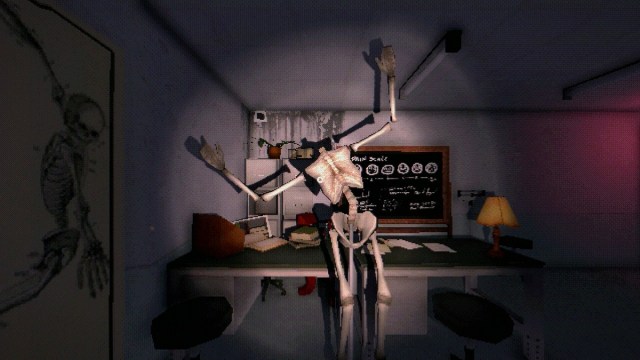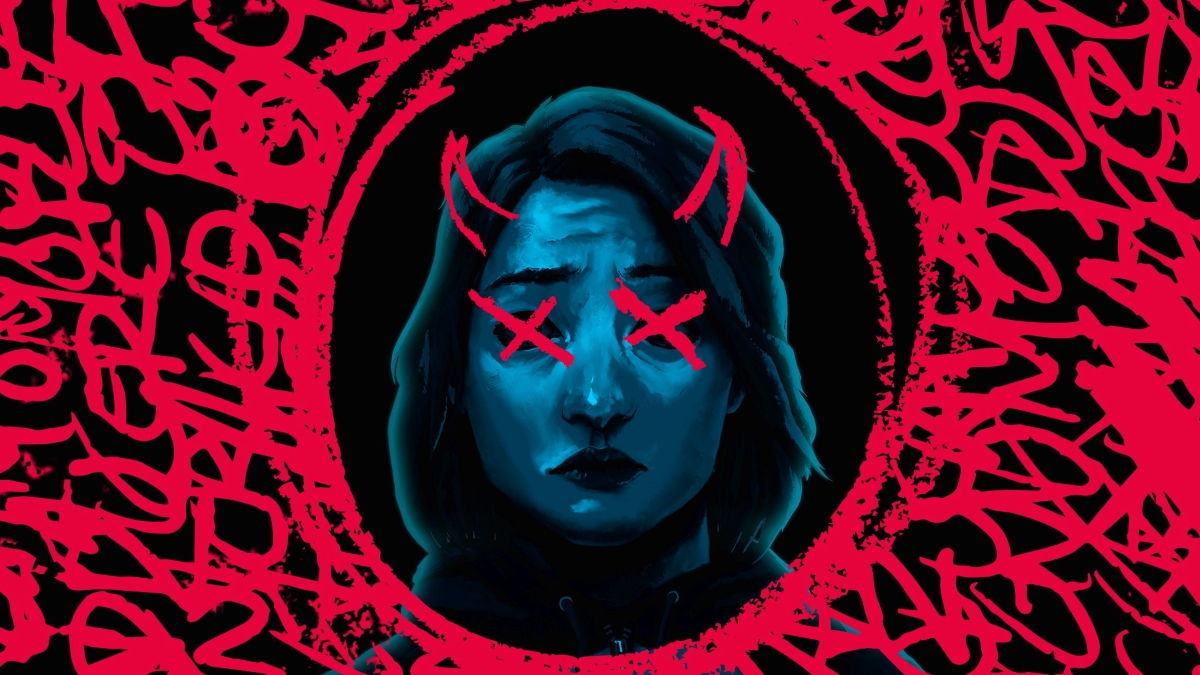A bowl! I got a bowl! Good for me!
I did an escape room once as an after-work company activity. I didn’t do too badly, but I wouldn’t say I was great. At least I wasn’t like the guy who was such a poor team player that he was fired, like, the last week. What I’m saying is don’t go to an escape room with your employer. It might actually reflect on your job performance.
Playing escape room video games is a lot safer. You (probably) won’t be fired if you do poorly.
Thankfully, there are a few of those. Last year, I played Madison and Escape Academy. But you know what neither of those had? Horror. Oh, no, wait. Madison was a horror game.
Anyway, here’s The Tartarus Key.

The Tartarus Key (PC [Reviewed], PS4, PS5, Xbox One, Xbox Series X|S, Switch)
Developer: Vertical Reach
Publisher: Armor Games Studios
Release: May 31, 2023
MSRP: $19.99
The Tartarus Key is the classic story of waking up one day in a mansion with no memory of the preceding events. It’s happened to all of us at one point or another. However, this mansion doesn’t just have a pool full of discarded alcoholic vessels, it also has a lot of strange locks on its doors that require you to solve geography problems.
You control Alex Young, the only competent person in the room. All signs point to murder, so you don’t want any part of that. Your job is to try and thwart these puzzle-creating freaks and save everyone.
Lock your doors
If there’s one thing to know about The Tartarus Key, it’s exactly what I’ve already told you. It’s an escape room game. It is such an escape room game that each escape room actually only consists of a room. Maybe two rooms, but the rooms will probably be joined in some way.
It’s actually a pretty smart design choice. Some games of the puzzle-heavy adventure genre will have you collecting random items like bowls that have no immediate function, which leads to moments where you’re rubbing everything against everything, trying to find the solution. In The Tartarus Key, your inventory only exists in the one room you’re in, and everything that you can fit in your pockets has a function. It doesn’t make The Tartarus Key any easier, but it does mean that you won’t waste your time with backtracking.
In terms of puzzle design, The Tartarus Key is decent, leaning on the side of good. However, it does have an edge over other games of its sub-genre: death. As you journey through the death house, you meet other characters who need help with their puzzles. If you screw up, they might lose their lives. You don’t know these people. At least one of them actively sucks. But boy does The Tartarus Key turn the pressure on.
As you approach the final solution, you’ll get messages asking, “Are you sure about this? Like, really certain? ‘Cause this character is dead if you messed up.” That’s a pretty cruel thing to ask me because I have the self-confidence of a sparrow. I will readily doubt myself if you show the slightest hint of skepticism. So, while I’m not usually jazzed about having any added stress, I must say it’s an effective way of getting drawn in.

Death house
I’m not sure what happens if you flub the puzzles. It never happened to me since I’m just so competent at everything I do. I’m guessing you don’t get to see the true ending, but that’s maybe not so bad. I have no information on whether or not I got the actual true ending, but I’m not sure what I could have possibly done wrong. It’s just such a bizarre way to close a game like this. I’m still reeling.
On the other hand, the characters are all pretty likable. Even the guy who completely sucks is enjoyable enough.
You won’t find much reason to help these characters, either. They don’t actually help, leaving Alex to solve everyone’s problems. She gives her motivations in dialogue, so it’s not completely a mystery. But you, the player, don’t really wind up with much attachment.
This is all set under some lo-fi PS1-style graphics. These are rather well executed, as The Tartarus Key conveys all its necessary information with minimal clutter. However, the one thing that bothers me is the texture and model warping effect. I normally like this little curiosity from the days when 3D images went unfiltered, but it gets a little overwhelming in The Tartarus Key. The cinematics have a habit of slowly trolleying in on characters, and their edges start flipping out like they’re pasted over eels. You can turn this effect off, so it’s sort of a non-issue, but I just wish it was done a bit more sparingly.

What it’s supposed to be
The best thing I have to say about The Tartarus Key is that it does what it says it does. Very little about it is new or unique, but it’s well-executed, and that’s an accomplishment in its own right. It’s maybe about 4-6 hours long, which means it doesn’t drag out. Unless you get stuck on a puzzle, but that’s your problem.
Really, I think I’m going to have mostly forgotten The Tartarus Key in a few months. It just doesn’t do enough to lock itself in my memories.
[This review is based on a retail build of the game provided by the publisher.]


